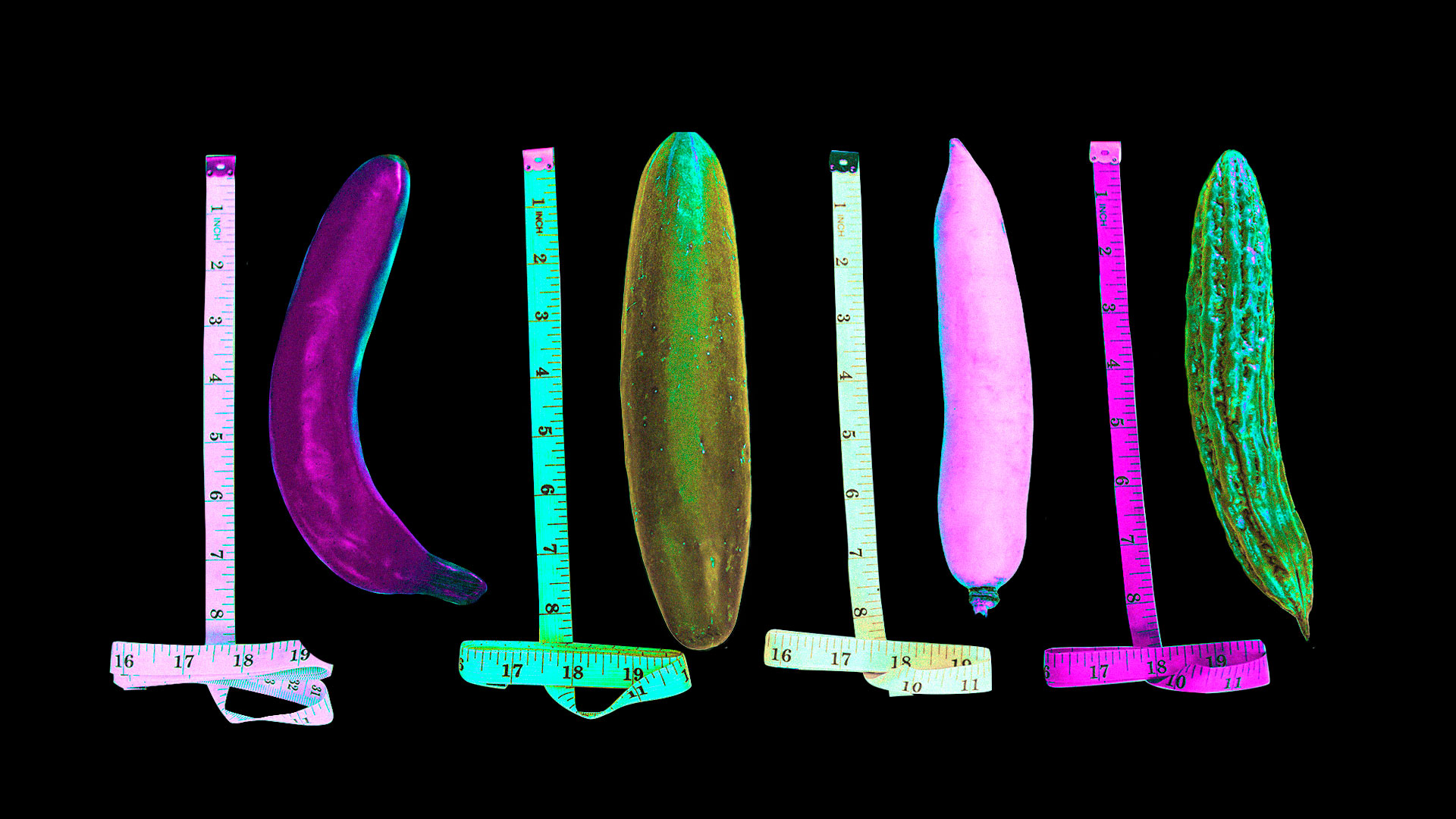Steve's Penis: A Candid Conversation About Health, Awareness, And Everything In-Between
Let’s be real for a second, folks. The topic of "Steve's penis" might sound quirky or even a little awkward at first glance. But let's not shy away from it. This isn't just about Steve—it's about understanding, awareness, and breaking the stigma around men's health. Whether you're here because you're genuinely curious or because you stumbled upon this article by accident, we're going to dive deep into what makes this topic so important. So grab a cup of coffee, get comfy, and let's talk about something that matters.
Now, before you roll your eyes and think this is all a joke, hear me out. Discussing topics like men’s health, reproductive well-being, and overall awareness isn't just for the doctors or the scientists. It's for everyone. Steve's situation isn't unique—he represents millions of men who may be dealing with similar questions, concerns, or even misconceptions. And hey, if we can laugh about it while learning, all the better.
This article isn't just about Steve or his anatomy. It's about empowering knowledge, encouraging open conversations, and ensuring that everyone has access to the right information. So whether you're Steve, know a Steve, or just want to understand more about this topic, stick around. We're about to uncover some truths, debunk some myths, and maybe even have a little fun along the way.
Read also:Amos Hanks The Rising Star Shaping The Future Of Entertainment
Table of Contents
- Steve's Biography
- Understanding the Anatomy
- Men's Health Awareness
- Common Myths Debunked
- The Stats Behind Steve's Situation
- Frequently Asked Questions
- Tips for Maintaining Good Health
- Resources and Support
- Wrapping It Up
- Call to Action
Who Is Steve Anyway?
Before we jump into the nitty-gritty, let's take a moment to meet our main man, Steve. Now, Steve isn't necessarily a real person—he’s more of a placeholder for the millions of men out there who might be facing similar challenges when it comes to their health. But for the sake of storytelling, let's imagine Steve as a regular guy in his mid-30s, living his best life but maybe not paying enough attention to some important aspects of his well-being.
Steve's Personal Info
| Full Name | Steve Johnson |
|---|---|
| Age | 35 |
| Occupation | Marketing Specialist |
| Hobbies | Golfing, reading, and binge-watching Netflix |
Steve’s life seems pretty normal on the surface. He works a 9-to-5 job, spends weekends with friends, and occasionally hits the gym. But like many men, he tends to ignore certain health-related issues until they become too big to ignore. And that’s where our conversation begins.
Understanding the Anatomy
Alright, let's talk about the elephant in the room—or should I say, the anatomy in question. Understanding the basics of male reproductive health is crucial, and it all starts with knowing the parts. Here’s a quick breakdown:
- Penis: The external organ responsible for urination and sexual reproduction.
- Testicles: Produces sperm and testosterone.
- Prostate: Plays a key role in semen production and overall reproductive health.
These parts work together to keep things running smoothly, but like any system, they need care and attention. Ignoring warning signs or symptoms can lead to bigger problems down the line. And trust me, no one wants that.
Men's Health Awareness
Men's health isn't just about physical fitness or dieting. It's about being aware of your body and recognizing when something feels off. According to the World Health Organization (WHO), men are less likely to seek medical help compared to women, which can lead to undiagnosed conditions and complications.
Why Awareness Matters
Awareness is key to prevention. By educating ourselves and others, we can reduce the stigma surrounding men's health and encourage early detection of potential issues. Some common conditions include:
Read also:Kaitlyn Krems Nudes The Truth Behind The Headlines And How To Protect Yourself Online
- Erectile dysfunction
- Prostate cancer
- Testicular cancer
- Infertility
Steve's story could be a reminder for all of us to prioritize our health and not brush off symptoms as "no big deal." Because sometimes, the smallest signs can point to bigger problems.
Common Myths Debunked
Let's clear the air on a few common misconceptions about men's health. These myths can be harmful if left unchallenged, so here’s the truth:
- Myth: Bigger is always better. Fact: Size doesn't determine function or health.
- Myth: Erectile dysfunction only happens to older men. Fact: It can affect men of all ages.
- Myth: Testicular cancer is rare. Fact: It's the most common cancer in men aged 15-35.
Armed with the right information, we can make better decisions for our health. And let’s be honest, who doesn’t want to feel confident and informed?
The Stats Behind Steve's Situation
Data can paint a clearer picture of the challenges men face. According to recent studies:
- Approximately 1 in 9 men will develop prostate cancer in their lifetime.
- Testicular cancer has a survival rate of over 95% if caught early.
- Erectile dysfunction affects roughly 30 million men in the United States alone.
These numbers highlight the importance of regular check-ups and self-examinations. Early detection truly saves lives, and Steve's story could be a turning point for many.
Frequently Asked Questions
Let’s tackle some of the most common questions people have about men's health:
- How often should I get checked? At least once a year, especially if you're over 40.
- What are the warning signs to watch for? Pain, swelling, or changes in function should never be ignored.
- Can lifestyle changes improve my health? Absolutely! Diet, exercise, and stress management can make a huge difference.
Knowledge is power, and the more we know, the better equipped we are to take control of our health.
Tips for Maintaining Good Health
Here are a few actionable tips for staying healthy:
- Exercise regularly to boost circulation and reduce stress.
- Stay hydrated and maintain a balanced diet.
- Get enough sleep to support overall well-being.
- Practice self-examinations and schedule regular check-ups.
Small changes can lead to big results, and taking care of your health is one of the best investments you can make.
Resources and Support
If you're looking for more information or support, here are a few trusted resources:
These organizations provide reliable data and guidance to help you make informed decisions about your health.
Wrapping It Up
So there you have it, folks. Steve's penis might have been the starting point, but the real focus is on men's health and awareness. By understanding the anatomy, recognizing warning signs, and taking proactive steps, we can all lead healthier, happier lives.
Remember, it's okay to ask for help or seek advice. Whether it's through regular check-ups, lifestyle changes, or simply having open conversations, every step counts. And who knows? Maybe Steve's story will inspire someone else to take action today.
Call to Action
What’s next? Share this article with someone you care about. Leave a comment below and let me know your thoughts. And most importantly, don’t forget to prioritize your health. Because at the end of the day, it's all about living your best life—and feeling confident while doing it.



